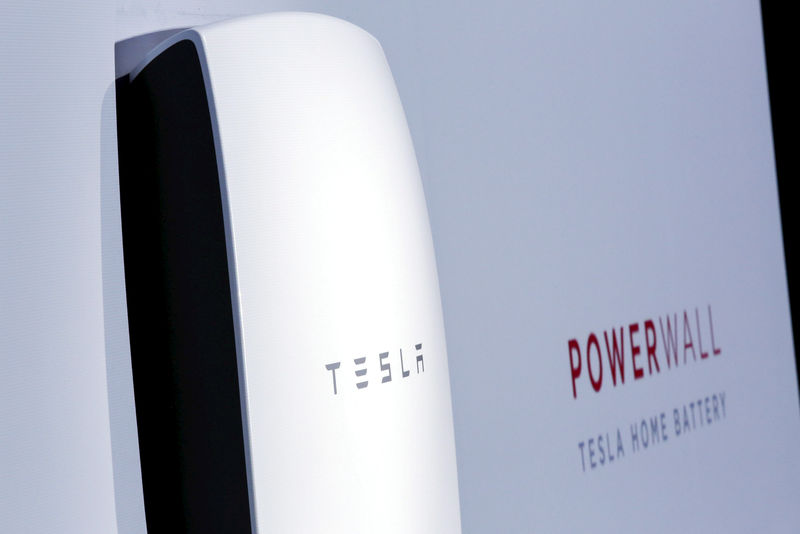Quiver Quantitative - U.S. prosecutors are investigating whether Tesla (NASDAQ:TSLA) (TSLA) committed securities or wire fraud by misleading investors and consumers about its electric vehicles' self-driving capabilities. According to sources familiar with the matter, the Justice Department is scrutinizing Tesla's statements suggesting that its Autopilot and Full Self-Driving systems can enable cars to drive themselves, despite the company cautioning drivers to remain ready to take control. Investigators are exploring if Tesla used deception in interstate communications, potentially violating wire fraud laws, and whether it misled investors, thus committing securities fraud. The Securities and Exchange Commission (SEC) is also investigating Tesla's representations regarding driver-assistance systems.
The Justice Department has asked Tesla for information about Autopilot and Full Self-Driving, and while Tesla provided voluminous documents in response to subpoenas, prosecutors are still determining how to proceed. The investigation, first reported by Reuters in October 2022, could lead to criminal charges, civil sanctions, or no action. The probe has drawn attention to Tesla CEO Elon Musk's public comments on the capabilities of the company's driver-assistance systems. For instance, a 2016 video, intended to showcase the potential of Tesla's technology, was criticized for inaccurately portraying the system's capabilities.
Market Overview: -U.S. prosecutors are investigating whether Tesla misled investors and consumers about its self-driving capabilities. -The probe focuses on potential securities and wire fraud charges related to Autopilot and Full Self-Driving systems.
Key Points: -Investigators scrutinize statements by Tesla and CEO Elon Musk suggesting full autonomy, despite driver assistance limitations. -The probe builds upon prior inquiries by the SEC and NHTSA regarding Tesla's self-driving claims and safety concerns. -Tesla's aggressive marketing and Musk's pronouncements may face legal challenges due to potential misrepresentation.
Looking Ahead: -The probe outcome could impact Tesla through criminal charges, civil sanctions, or stricter regulations. -Legal hurdles exist, requiring proof of deliberate deception by Tesla to reach fraud convictions. -Continued scrutiny on Tesla's self-driving technology could pressure the company to clarify capabilities and prioritize safety.
Meanwhile, the National Highway Traffic Safety Administration (NHTSA) is also investigating Tesla's Autopilot and Full Self-Driving systems following crashes, including fatal incidents, involving the technology. In April, the NHTSA launched an investigation into whether Tesla's recall of over 2 million vehicles adequately addressed safety concerns related to Autopilot. The probe was triggered by crashes where cars using Autopilot repeatedly collided with first-responder vehicles at emergency scenes. Tesla agreed to the recall but disputed NHTSA's findings, implementing over-the-air software updates to alert inattentive drivers.
The investigation represents a critical chapter in the ongoing conflict over autonomous driving technology. Although Musk has touted Tesla's self-driving ambitions for nearly a decade, he remains focused on autonomy as Tesla's car sales and profits struggle. The company recently laid off staff and shelved plans for a $25,000 model while doubling down on its Full Self-Driving upgrade. As prosecutors proceed cautiously, the legal challenges lie in proving that Tesla's claims crossed the line between "corporate optimism" and material, knowingly false statements that harmed consumers or investors.
This article was originally published on Quiver Quantitative
